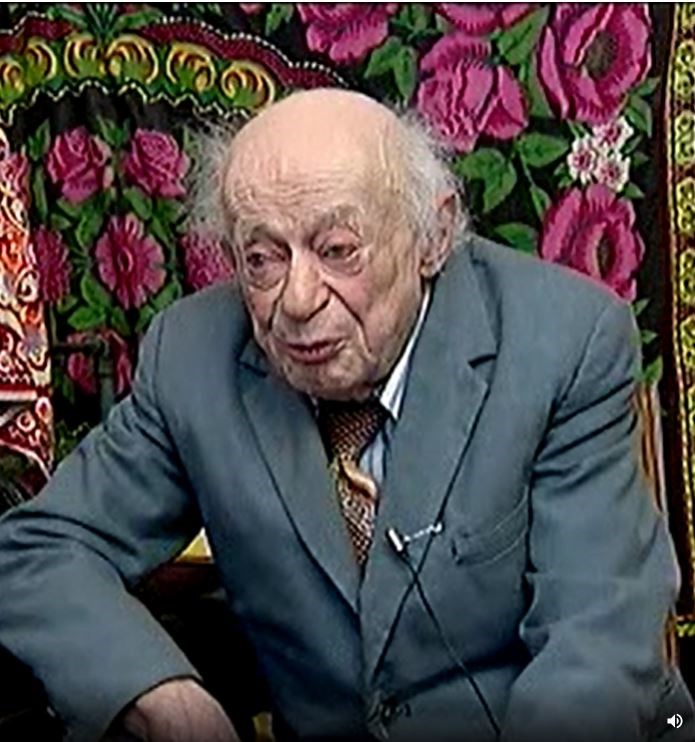Mikhail Girshovich was born in 1911 in the Workers' Settlement of the Shlisselburg Gunpowder Factory (the present-day Morozov Settlement), forty kilometers east of the center of St. Petersburg, Russia, as Moisei Girshovich. His maternal grandfather, David Blekhman, was the oldest worker at the factory; both he and the grandmother were religiously observant. A year after Moisei's birth, his parents divorced, and his father Veniamin moved to St. Petersburg; the boy was brought up by his maternal grandparents. In 1917, during the Russian Revolution, his mother married a Jewish revolutionary who had just been released from jail, and went with him to Tula, south of Moscow. In this purely Russian city, she was able to find a melamed (Jewish religious teacher for minors) for Moisei. However, shortly thereafter he enrolled in a Russian school and forgot everything he had learned about Judaism. In 1928, Mikhail Girshovich finished high school and entered a nautical technical school in Leningrad (St. Petersburg). During one of his first sea voyages, when his ship was docked in London, Mikhail tried to escape from the Soviet vessel and immigrate to Argentina. He failed and came back to the ship. As a result, upon returning home to Leningrad he was tried and sentenced to three years in jail. As a GULAG inmate, he took part in the construction of the White Sea-Baltic canal. In 1933, Mikhail was released ahead of time. Being quasi-free, he changed his place of residence several times, before marrying and settling in Kalinin (present-day Tver) in 1938. His wife Sima was religiously devout, and she kept chiding her husband for his failure to observe the commandments and rites of Judaism. That same year, 1938, Girshovich enrolled in the Department of Mathematics of the Kalinin Pedagogical Institute (now the Tver State University). However, his studies were cut short by the outbreak of the Soviet-German War. In August 1941, he was drafted into the Red Army.
After a training course at a reserve regiment in Arzamas, 300 kilometers east of Moscow, Girshovich was attached to the 42nd Rifle Regiment. In 1942, he was sent to take part in the Rzhev Operation, the year-long Soviet-German clash in central Russia that has aptly been nicknamed "the Rzhev Meat Grinder." On July 30, 1942, during a Soviet infantry charge, Girshovich was seriously wounded. In May 1943, following a lengthy convalescence at various hospitals, Girshovich was discharged from the army; he remained lame for the rest of his life.
In the course of the war, Girshovich was awarded the Order of the Patriotic War, 2nd class, for the capture of an enemy informant; he also received some medals.
Girshovich's wife and their little daughter Gita remained in Kalinin (Tver). The city was under German occupation for only two months (October-December 1941). During this occupation, a German soldier, who identified Sima and her daughter as Jews, hit little Gita heavily on the head, and she remained mentally retarded until her death in 1994. Sima died in 1977.
After the war, Girshovich taught at the Kalinin Pedagogical Institute. He died after 2000.







